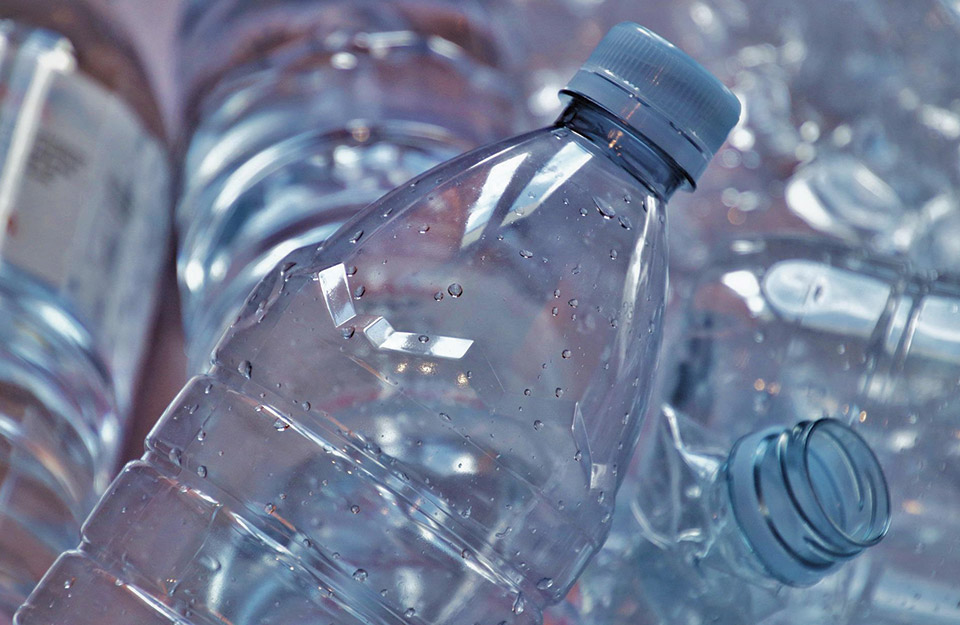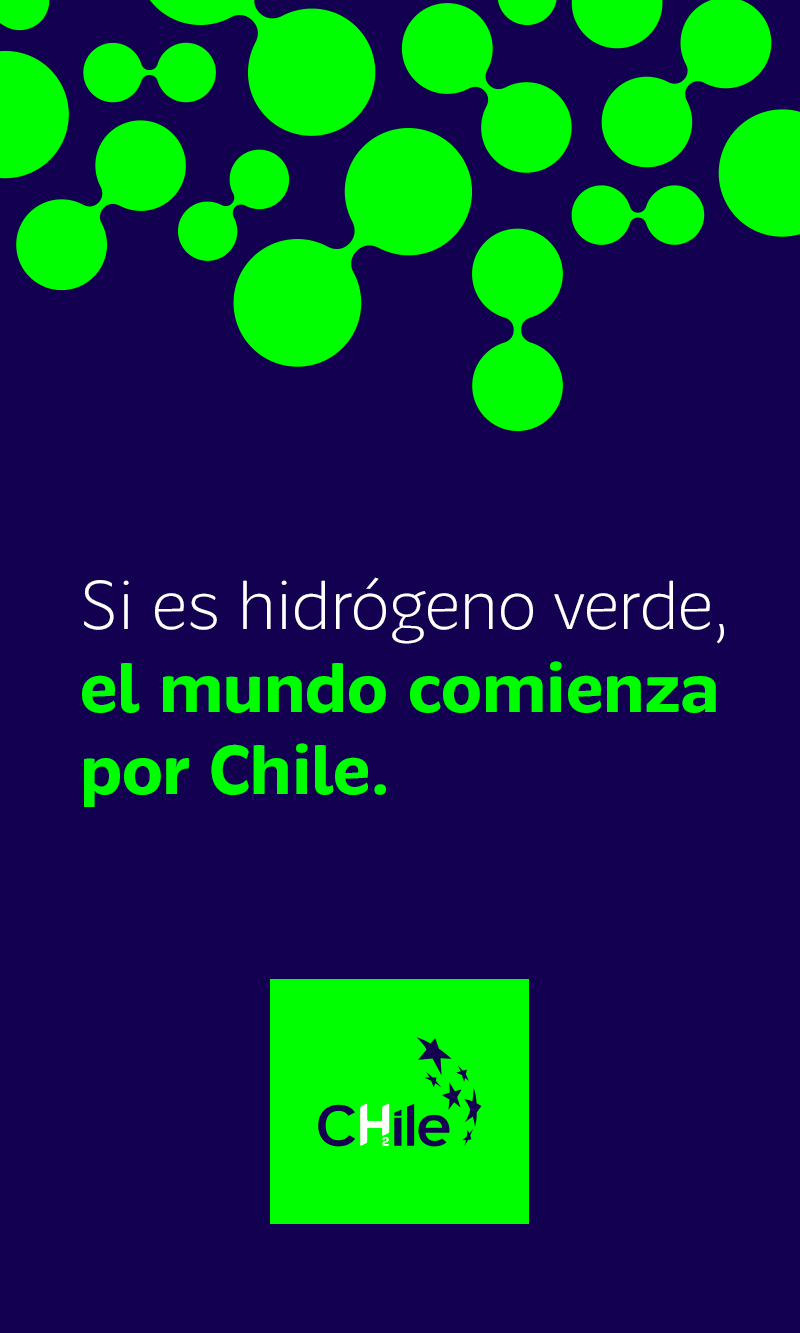
Of the 20 tons of garbage produced in Chile each year, only 22% is recovered or recycled. The volume that is recycled is almost entirely industrial waste. Here are details of several Chilean companies whose raison d’être is recycling and who are looking to contribute themselves and raise awareness about the need to reduce, reuse and recycle.
According to the Environment Ministry’s latest State of the Environment Report, 19.6 million tons of waste are generated in Chile each year. Only 22% of this waste is recovered or recycled, although the volume that is recycled is almost entirely industrial waste.
Garbage is an issue for every country in the world, and Chile is looking to catch up in terms of recycling. On May 17, 2016, the Recycling and Extended Producer Responsibility (REP) Law was enacted, which seeks to reduce the generation of waste and promote its reuse, recycling and other types of recovery. This is achieved mainly by making the manufacturers and importers of certain priority products responsible for recovering a percentage of them once they reach the end of their useful life. These priority products are: lubricant oils; electrical and electronic appliances; containers and packaging; tires; and batteries. These products were prioritized for having one or more of the following characteristics: for being a mass consumption product; for the significant volume of waste produced; for being hazardous waste products; because their recovery is feasible; and because there is a standard comparative regulation.
On Global Recycling Day, find out what each of us can do. Discover a number of Chilean companies, from fledgling start-ups to established businesses, which are promoting recycling and innovating to make Chile a garbage-free country.
TriCiclos: garbage is a design error
Co-founded in 2009 by Gonzalo Muñoz, Joaquín Arnolds and Manuel Díaz, TriCiclos began by creating “puntos limpios” (clean sites), sorting stations for recyclable materials that have been rolled out throughout Chile. In 2011, the company became the first certified B Corp outside of North America. TriCiclos seeks to solve the urgent problem of waste generation through waste management systems and consultancies. Its motto is “garbage is a design error”. The company now operates in various Latin American countries and has gained international recognition, such as the “The Circulars” Award in 2019, known as “The Oscars” of the circular economy, awarded by the World Economic Forum. TriCiclos was also chosen among the “Best for the World”, a global award presented by B Lab.
Reciclapp: the Uber of recycling
The Reciclapp start-up is a mobile app that allows everyone who wants to recycle (people, companies and communities) to connect with recyclers who collect the material. This is done through four easy steps: first, clean and separate all the waste; declare it on the app; schedule collection; and wait for the recycler to arrive. Users can also earn “Recikarma” points which they can exchange for products made from recycled waste. Founded in 2015 by engineer Cristián Lara, the app now has 50,000 users in different cities across Chile. They have received support from the Chilean Economic Development Agency (CORFO) and were also singled out in the AntofaEmprende competition.
Ecofibra: confronting textile waste from Iquique
Faced with the need to deal with the large amount of textile waste that had accumulated in the desert in the Tarapacá Region, in 2016 Franklin Zepeda created Ecofibra. This start-up uses clothing and fabric waste to make eco-friendly bags, insulating ecofiber and panels for house construction, thus achieving a reduction of up to 35% in electricity consumption due to the reduction in the use of heating or air conditioning. In 2021, the company recycled around 400 tons of textile waste and they are preparing to open a plant in Santiago.
Futuroil: a solution to used lubricating oil
A liter of used lubricating oil can contaminate up to four million liters of water, according to figures from the National Recycling Industry Association (Asociación Nacional de la Industria del Reciclaje, ANIR). To do something about this, the Chilean company Futuroil, founded in 1984, is dedicated to regenerating and re-refining used lubricating oil, which is considered to be a hazardous waste product. The company is located in Lampa in the Metropolitan Region, and is a pioneer in recycling the oil that is collected from gas stations, from which it extracts water and other impurities. The re-refined product is distributed to gas stations from Santiago to Punta Arenas. Every year, they receive around three million liters of used oil.
Armony: from table to compost
For more than 30 years, Armony has been dedicated to recycling and transforming organic waste, such as the food that is thrown away in hotels, cafeterias and homes, into compost for plants. They also transform pallets into mulch, a protective layer that prevents weeds and maintains moisture in plants. They do this through triple impact sustainable technological solutions (economic, social and environmental), making full use of the raw materials. Their plant receives 8,000 truckloads of waste to be transformed each year. In 2021, the company was chosen among the “Best for the World”, a global award presented by B Lab.
GreenSpot: revaluing plastic from southern Chile
This company located in Los Lagos Region is dedicated to developing products from pellets made with plastic waste from different industries, such as buoys and floats from the salmon and fisheries industry. Since 2017, GreenSpot has recycled more than two million kilos of plastic waste. In 2021, the company was chosen among the “Best for the World”, a global award presented by B Lab, as well as receiving the first ASIPLA Sustainable 2021 Award from the Chilean plastics industry. In December 2021, GreenSpot became a subsidiary of Resiter, a Chilean firm with 40 years of waste management experience that operates in five Latin American countries.
Sustrendlab: from tires to lithium-ion batteries
Located in the Valparaíso Region, this laboratory, set up in 2018 under the auspices of the specialist sustainability consultancy Sustrend, is focused on generating solutions for the circular economy from industrial waste. Sustrendlab’s main solutions are centered on coming up with new processes for waste recovery and developing new raw materials from by-products, to then reintegrate them into other production chains. One of their revolutionary innovations is recycling tires to obtain graphite, which is used to produce lithium-ion batteries, key to electromobility.
Desafío Ambiente: turning plastic into wood
Created by engineer Anita Farfán and industrial designer María José Vargas in 2013, this company started by grinding up plastic and selling it to businesses to be processed. Today, they are dedicated to processing plastic waste and turning it into construction objects and materials. Desafío Ambiente works in four areas: Everwood, their most important brand, which manufactures plastic wood for different uses; AislaPET, an insulation fiber similar to glass, for which they have received a CORFO award; Everplastic, which makes small-scale home products, such as flower pots and coasters; and 3D con Sentido, which 3D prints masks, prosthetics and cell phone holders.
Raíz nativo: wood recycling and social reintegration
This company rescues and makes products out of hardwood, giving them a second life in the hands of prison inmates who learn the craft while in prison. Created by Cristián Barahona in San Fernando, in the O’Higgins Region, Raíz Nativo was among the winners of the Fundación Luksic’s Impulso Chileno Award in 2019. The wood used as raw material is rescued from dismantled products, demolitions or even from the bottom of lakes in southern Chile, and transformed into products such as chopping boards or salad bowls.
Bioils: vegetable oils for the chemical industry
One liter of cooking oil can contaminate 1,000 liters of water, remaining in seas and rivers for years. To address this problem, Bioils collects used vegetable oils from supermarkets, restaurants, hotels and cafeterias from Arica to Puerto Montt. The oil is reconditioned and transformed into supplies for the chemical industry, which then uses it to make soaps, detergents, candles and industrial oils. Today, the company is a Latin American leader in recycling used vegetable oils. From their center of operations in Chile, they have spread to Peru, Argentina, Colombia and Ecuador.





